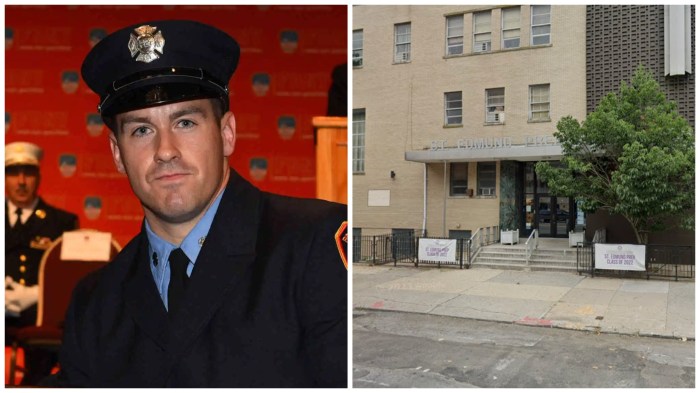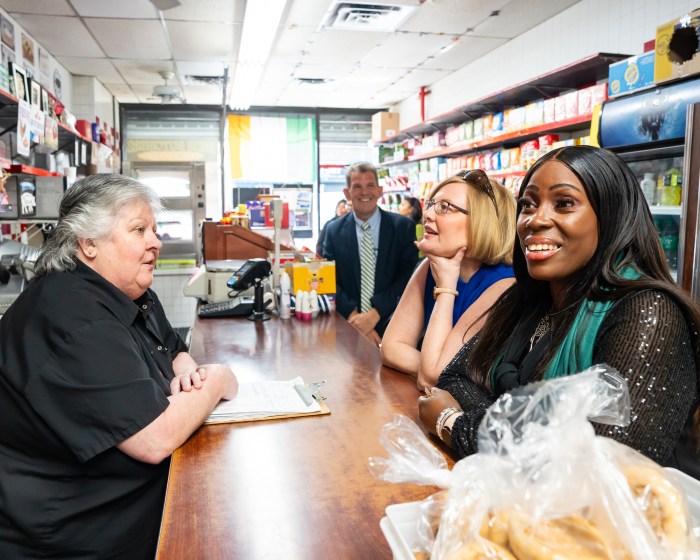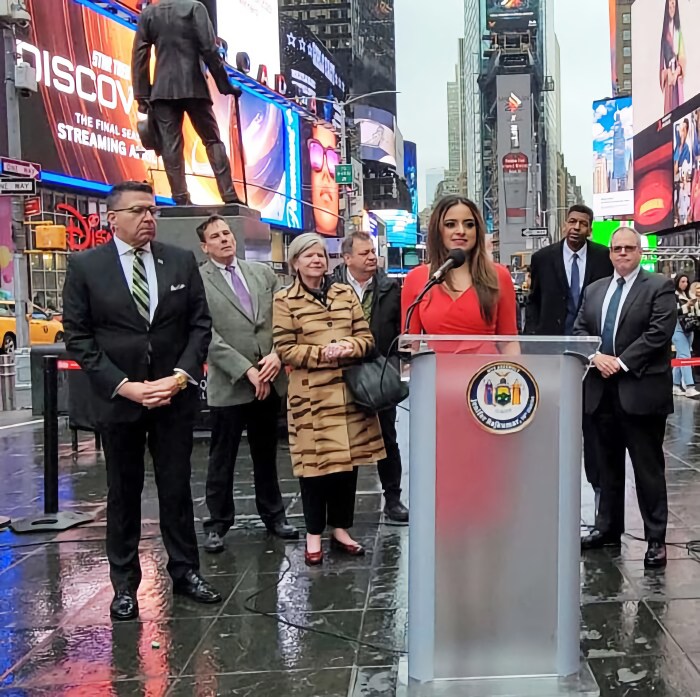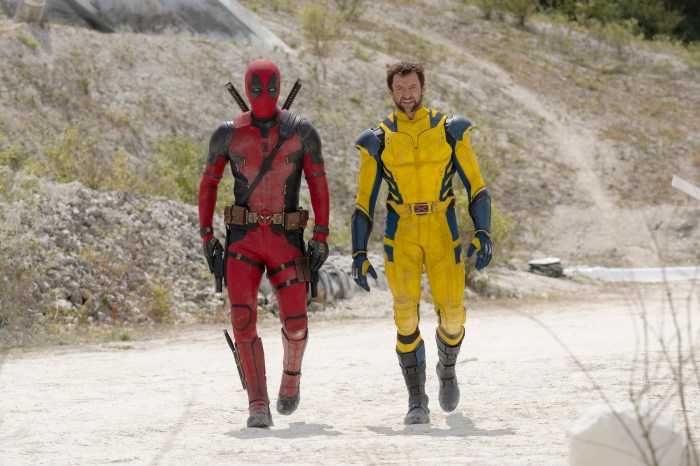By: DUNCAN OSBORNE | While it will be difficult, some political scientists say that gay groups can defeat a California ballot initiative that would amend that state's constitution to bar same-sex unions and may nullify the marriages that gay men and lesbians entered into starting on June 16.
“I think they have a chance, I think it's not impossible,” said Ken Sherrill, a professor of political science at Hunter College. “That's a big change from four years ago when these were hopeless situations.”
Since 1998, voters in 28 states have enacted laws or amended state constitutions to bar gay marriage and, in some states, civil unions or domestic partnerships. Only a 2006 proposed Arizona law was rejected by voters – otherwise these initiatives have passed by wide margins.
California voters passed a law barring same-sex marriage in 2000 by a margin of 61 to 39 percent, but the state's highest court struck it down in a May ruling. On November 4, Californians will vote on the state constitutional amendment.
A 2006 study by Sherrill and Patrick J. Egan, a professor of politics at New York University, reported that the margin of victory on such initiatives had declined from 71 percent in 2004 to 64 percent in 2006 as votes were increasingly held in states with smaller evangelical Christian populations.
“What has happened over the years is that they are running out of states in which it is easy for them to win,” Sherrill said of anti-gay groups mounting such initiatives. “These referenda began in states which had the highest levels of religiosity, the highest percentage of population representing evangelical fundamentalist religions.”
Twelve percent of California voters identified as “white conservative Protestants” in 2004 exit polls. That compares, for example, with 23 percent of voters who used that label in Tennessee, which passed a marriage ban in 2006.
The margin in California's 2000 vote was already below the average win in the nine state votes in 2006. Just as it has nationally, opposition to gay marriage appears to have eroded some in California, according to recent polls.
In May, following the court decision, the Long Beach Press-Telegram, a newspaper in the greater Los Angeles area, reported that “51 percent of registered voters” supported gay marriage and 42 percent opposed it.
A poll by the Public Policy Institute of California, conducted in 2007, found that 49 percent of respondents opposed same-sex marriage while 45 percent supported it, the Press-Telegram reported.
California voters will see media images of gay and lesbian couples marrying for the next four-and-a-half months. Voting for the initiative would mean not just banning same sex marriage, but also ending those unions that have already been made. Some voters may see that as too mean-spirited.
“Voters are not choosing whether to ban same-sex marriage, they are choosing to overturn legal same-sex marriage,” Egan said.
Gay marriage has always been a pressing issue largely for the gay and lesbian community as well as social conservatives on the other side. That larger bloc of voters who range in the middle of the political spectrum have not held strong views on the issue even as many of them have voted for bans.
With views on gay marriage shifting and voters focused on the economy, the Iraq war, and other concerns, marriage may not immediately seize voters' attention giving both sides more time to make their arguments.
“I think that's a good thing,” said D. Sunshine Hillygus, the author, along with Todd G. Shields, of “The Persuadable Voter: Wedge Issues in Presidential Campaigns” and a professor of government at Harvard University. “What you don't want to happen is for this to become a highly activated, salient issue where people are really forced to put themselves into one camp or another.”
As in all elections, voter turnout will be a significant factor. California is a “generally liberal state,” said Dan Nataf, a professor of political science at Anne Arundel Community College in Maryland. As it has in the past four presidential elections, California will likely go Democratic and support Illinois Senator Barack Obama.
“You're looking at a situation now where Democrats are going to prevail,” Nataf said. “What you've really got to ask is who are the Democrats and maybe the independents who are turnable.”
As of early May, 44 percent of Californians were registered Democrats, and Democrats there overwhelmingly favor gay marriage, and 33 percent were Republicans, and Republicans overwhelmingly oppose it. Independents tended to support gay marriage.
“A Democratic advantage helps, but we can't assume that all Democrats support us,” Sherrill said.
Majorities of African-Americans and seniors, two groups that will likely turn out in big numbers on November 4, oppose same-sex marriage in polls.
But Obama is also winning large numbers of young voters. That demographic strongly backs gay marriage.
“The propensity for that whole generation between 18 and 30 to turn out in some greater number is there,” Nataf said.
The gay groups still face a daunting task. They must win over a large number of voters and get them to turn out.
“Gay people have to expand their coalition by much more,” Egan said. “Not only do gay people have to think about a mobilizing strategy, but they have to get allies to turn out as well.”


































